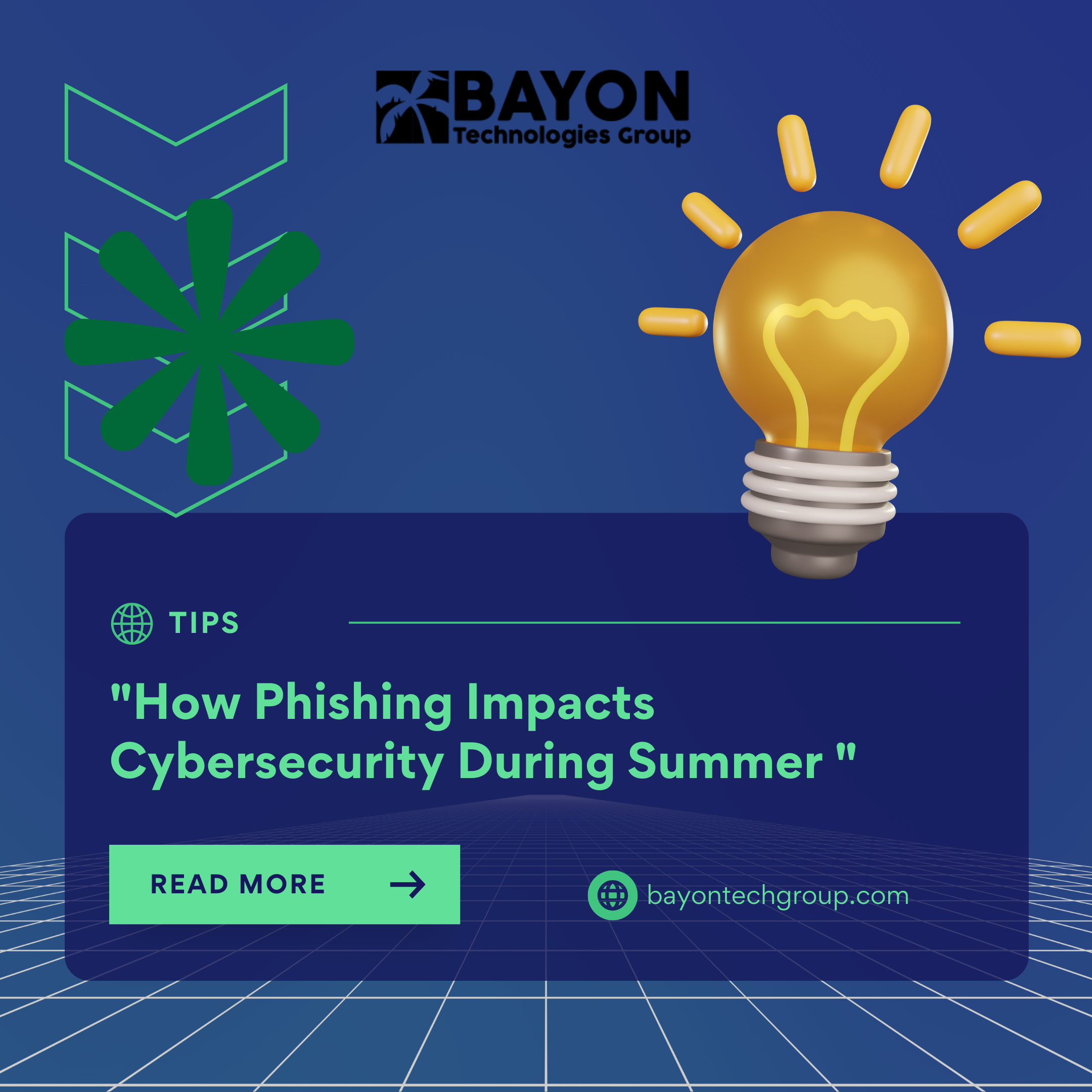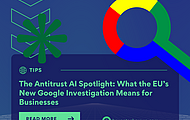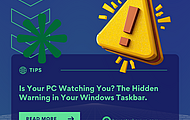How Phishing Impacts Cybersecurity During Summer

Summer brings sunny days and vacations and a notable surge in cyberattacks. Recent statistics reveal that cyberattacks increased by approximately 30% during this season. Among the most prevalent tactics cybercriminals use, phishing stands out as a sophisticated method that exploits relaxed vigilance typical of vacation periods.
What is Phishing and Its Operation?
Phishing involves the dissemination of seemingly legitimate emails or messages designed to deceive recipients into divulging sensitive information such as passwords or financial details. The summer season, characterized by reduced staffing and a more relaxed atmosphere, creates fertile ground for these attacks to thrive. Cybercriminals capitalize on decreased vigilance and heightened online activity to infiltrate corporate systems, posing significant threats to data security.
Factors Contributing to Summer Cybersecurity Risks
The increase in cyber threats during summer stems from various factors. Primarily, the relaxation of security protocols within organizations during vacation periods creates vulnerabilities that malicious actors exploit. Moreover, dispersed workforces and increased online transactions related to travel and seasonal promotions provide ample opportunities for cybercriminals to perpetrate scams.
Benefits of Effective Security Systems Against Phishing Attacks
Effective security systems play a pivotal role in combating phishing attacks, offering substantial benefits to organizations. These systems utilize advanced technologies such as machine learning algorithms and real-time threat detection to identify and thwart phishing attempts promptly. By continuously analyzing patterns and anomalies in network traffic and email communications, these solutions can intercept malicious emails and prevent employees from falling victim to scams.
Moreover, robust security systems bolster organizational resilience by minimizing the likelihood of data breaches and financial losses associated with phishing. They provide comprehensive protection across multiple fronts, including endpoint security, email filtering, and user training programs. Proactive measures like multifactor authentication (MFA) and regular security updates further fortify defenses, ensuring that sensitive information remains secure.
Understanding the operational intricacies of these security systems empowers businesses to adopt a proactive stance against cyber threats. By investing in comprehensive cybersecurity frameworks and fostering a culture of vigilance, organizations can mitigate risks effectively and sustain trust among stakeholders.
Implementing these measures not only safeguards critical assets but also strengthens the overall cybersecurity posture, enabling businesses to navigate the digital landscape with confidence and resilience.
Effective Strategies to Safeguard Against Summer Cyber Threats
In response to these challenges, businesses must adopt proactive measures to fortify their defenses against cyberattacks during vacation seasons. Here are essential recommendations:
- Implement Multifactor Authentication (MFA): Strengthen security by enforcing MFA across all critical access points to enhance protection against unauthorized access.
- Regular System Updates and Patching: Maintain up-to-date security patches for all systems and software to mitigate known vulnerabilities effectively.
- Regular Data Backups: Conduct routine backups of critical data and store them securely in offline locations to mitigate the impact of potential ransomware attacks.
- Continuous Phishing Awareness Training: Educate employees about phishing threats and empower them to identify and report suspicious emails or messages promptly.
- Real-time Monitoring and Incident Response: Deploy robust monitoring tools to detect unusual activities and establish protocols for immediate response to security incidents.
Economic and Reputational Implications of Cyber Incidents
The repercussions of cyberattacks extend beyond operational disruptions, encompassing substantial financial losses and reputational damage. Breaches in data security or service interruptions can lead to legal liabilities, regulatory penalties, and erosion of customer trust.
Conclusion
In conclusion, the heightened prevalence of cyberattacks during summer, driven notably by phishing tactics, underscores the critical need for sustained vigilance in cybersecurity practices. By implementing proactive strategies and fostering a culture of cybersecurity awareness, your organization can effectively mitigate the risks posed by malicious actors during vacation periods. For more information on how to protect your organization, visit our website or contact us today. Stay secure!
‹ Back







